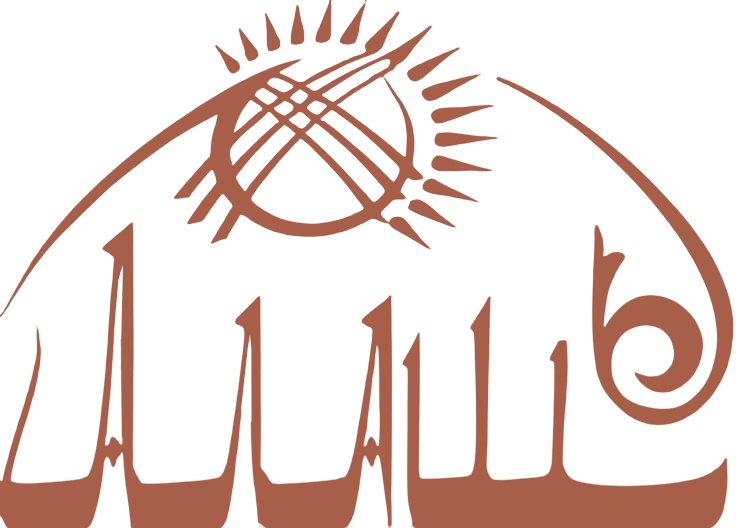
Toraigyrov Sultanmakhmut (1893-1920) is an outstanding representative of the Kazakh literature of the 20th century, a poet and writer, a Democrat by conviction.
Toraigyrov was born in 1893 in Bayanaul district of Pavlodar region in the family of a poor man. In 1912 he entered the Yakushev madrasah in Troitsk, but a year later he left his studies due to illness. In summer of 1913, Toraigyrov taught in the village near Troitsk and became secretary of the editorial office of the magazine “Ay Qap”, in which he acts as a poet, publicist and literary critic. The author of art essays “How I almost lost my mind”, “About books of poems in the Kazakh language”, etc. After the February Revolution of 1917, Sultanmakhmut moved from Tomsk to Semipalatinsk and entered the service in the regional committee for working with the local population. In his poem “Towards the Youth”, “Towards Students”, the poet encourages young people to culture, and in a public article “I’m Sorrowful” points out the shortcomings in the education system, the difficulties faced by those who aspire to knowledge. In the poem “In a dream I saw a pitiable position”, which he wrote in 1912, Toraigyrov first turned to the topic, which will become one of the leading ones in his work – to the social status and fate of the Kazakh woman. Lyrical creativity of Sultanmakhmut is diverse in subject and emotional mood, but the main place in it is occupied by social motives. In the poem “In a dream”, “Who are they”, “Yesterday’s dream is today’s business”, topical social problems are being posed. The life of the modern aul, the plight of the people are shown in the poems “Celebration”, “Kochevka” (Nomad) and “Kumys”. An example of philosophical lyrics is the poem “Oh Universe”, in which there are poet’s reflections on the universe, the place of man in the universe, his greatness and insignificance, comprehend genuine dialecticism. An important place in Toraigyrov’s work is occupied by the poem “Who is to blame”, which shows the historical changes in the Kazakh steppe and the philosophical poem “Life in misconceptions”, in which each chapter is devoted to a certain stage in the life of a man. The poem “The Poor” is ideologically and artistically close to it. The fruit of creative search was one of the first Kazakh novels “Beauty Kamar”. In its genre form is transitional for Kazakh literature and relies on the traditions of the eastern dastan – epic narrative in verse and prose.
After the revolution, Toraigyrov was appointed chairman of the revolutionary committee of the Shiderty parish, actively participated in the work of the Soviets. However, the new exacerbation of tuberculosis, which the poet suffered for many years, led to the fact that on May 21, 1920, he died.
He died at the age of 27 years. Despite such a young age, he left a rich literary heritage, thanks to which he entered the history of Kazakh culture as an active fighter for the advancement of his people to progress.



